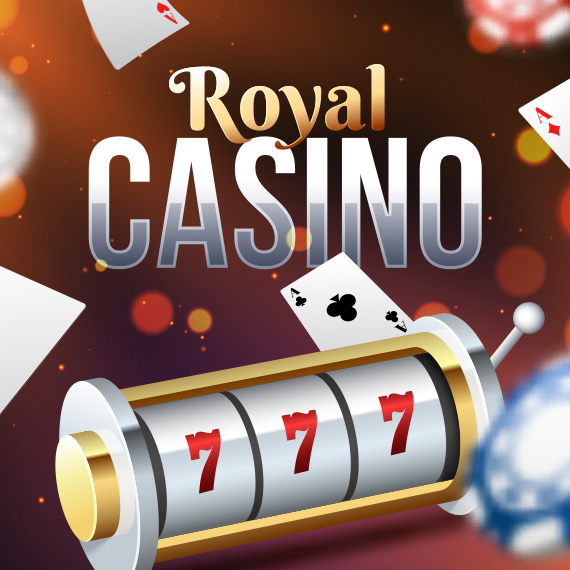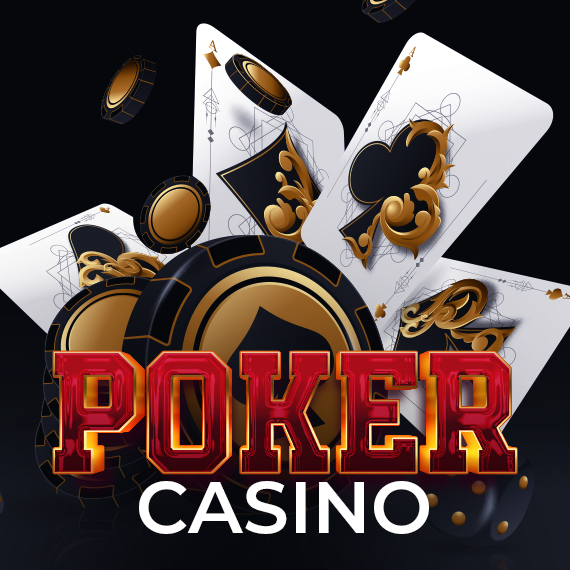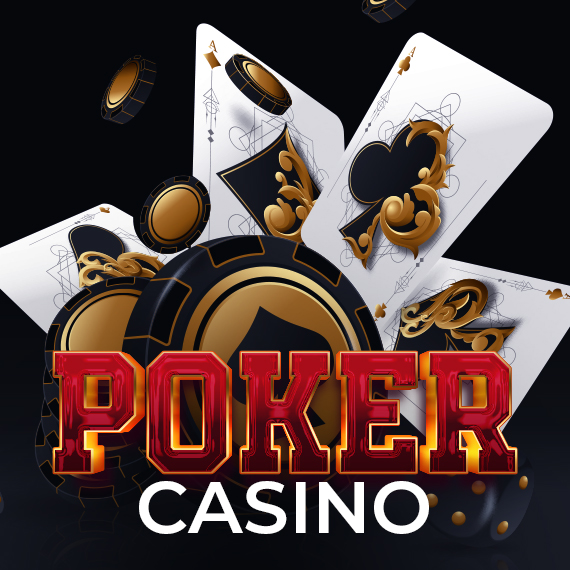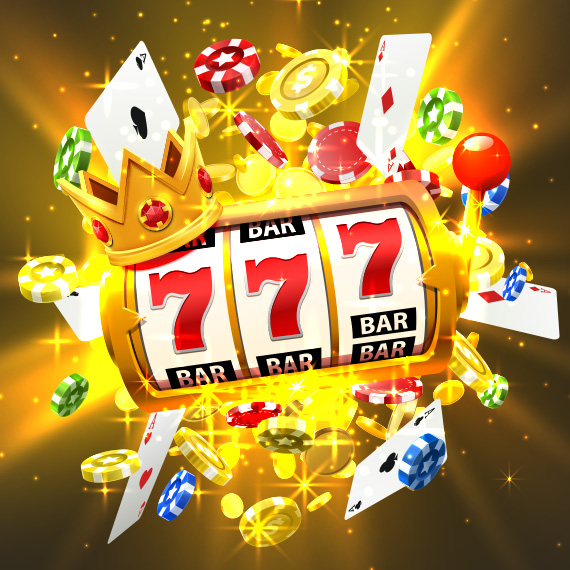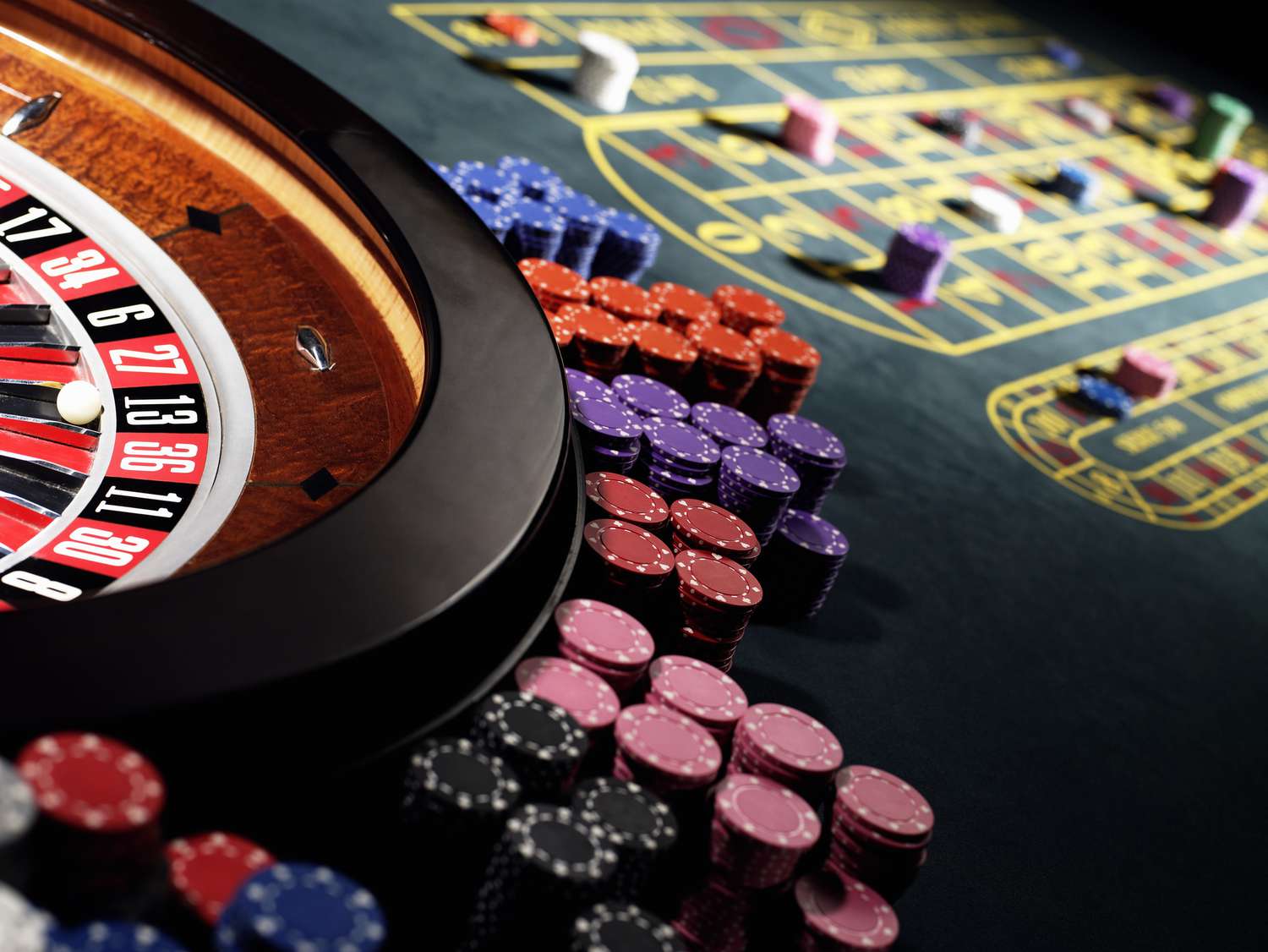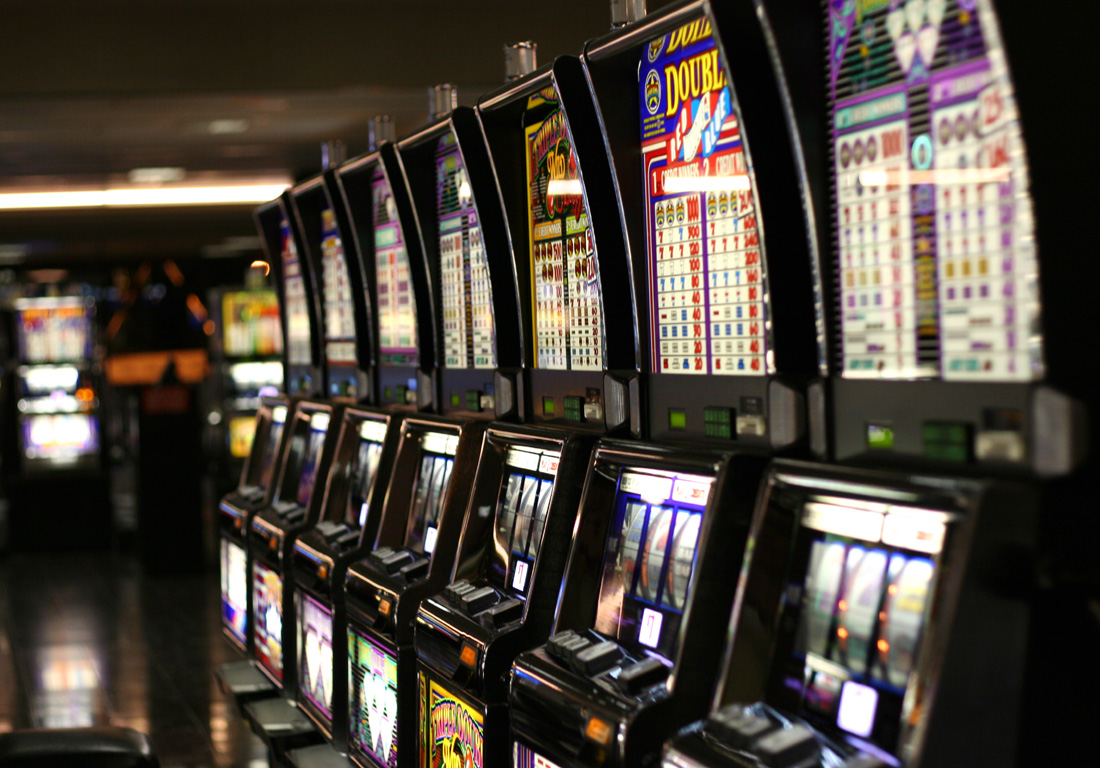Stay on the Fun Side: Tips to Gamble Responsibly with MayaPlay
Discover the hidden psychology behind gambling—from thrill to addiction—and learn how MayaPlay promotes responsible gaming habits to keep the fun in focus.
Stay on the Fun Side: Tips to Gamble Responsibly with MayaPlay

Gambling, often seen as a fun activity, can unfortunately lead to serious harmful behaviors. It raises intriguing questions: Why do some people find gambling entertaining, while others struggle to stop? What drives the desire to gamble, and why isn’t it universal?
To explore these questions, we will delve into the psychology behind gambling and the reasons some individuals develop gambling addictions.
Why Do People Gamble?
At its core, gambling is paradoxical; we know “the house always wins.” Whether it’s pulling levers on a slot machine or placing bets at a roulette table, the odds are calculated to ensure that casinos profit. So why do people gamble when they are likely to lose?
The Thrill of Uncertainty
Gambling thrives on unpredictability. The excitement of not knowing the outcome triggers a psychological reward, prompting our brains to seek that thrill repeatedly. The potential for a reward only amplifies this desire.
Escapism
For many, casinos offer a brief escape from daily life. The vibrant sights and sounds create a sense of being in a more exhilarating world, filled with opportunities for winning. Who wouldn’t want to immerse themselves in such an environment?
Socializing
Gambling is often a social activity. Many are introduced to it through family or friends, enjoying games like poker or bingo together. It can be a fun way to bond and meet new people.
Financial Gain
While some gamble for fun, others seek financial rewards. Professional players may thrive in tournaments, but it’s crucial to recognize the difference between skill-based games like poker and chance-based games. The latter can lead to significant losses, as they are fundamentally random.
Why Is Gambling Addictive?
Enjoying a game of chance occasionally is perfectly normal. The thrill of risk is part of human nature, but like other pleasurable activities—such as drinking or shopping—gambling can shift from a fun pastime to a mental dependence.
Gambling and the Brain
Understanding how gambling affects our brains can illuminate the roots of addiction. The brain’s reward system is crucial, connecting areas responsible for pleasure and motivation. Activities that yield rewards release neurotransmitters like dopamine, creating feelings of euphoria and encouraging repetition.
When gambling, dopamine levels can surge, sometimes reaching levels comparable to those experienced by drug users. Excessive gambling can alter the brain’s messaging system, leading to addiction, especially in those predisposed to it.
In essence, overstimulation can diminish the brain’s reward system efficiency, causing individuals to gamble more in search of that elusive high.
Causes of Gambling Addiction
Several factors contribute to gambling addiction, which can be categorized into three main groups:
- Biological Causes
Each person’s unique physiology affects their susceptibility to gambling. Age plays a role, as younger and middle-aged individuals are more likely to develop addictions. Additionally, studies show that men are generally more prone to compulsive gambling than women, who often develop such issues later in life. - Psychological Causes
Many continue gambling despite its harmful effects due to the anticipated benefits, such as stress relief or the avoidance of negative feelings. Individuals with poor coping skills are more vulnerable to developing addictions, highlighting the importance of fostering positive coping strategies. - Environmental Causes
Societal attitudes towards gambling can influence behavior. Casinos create thrilling social environments that normalize gambling as a fun activity. Family influences, such as learning to gamble from parents, can also lead to addiction over time.
Understanding Compulsive Gambling
Compulsive gambling, or pathological gambling, is the uncontrollable urge to gamble despite negative consequences. It affects about 1% of the population and can have devastating effects on both the individual and their loved ones.
Recognizing the signs of gambling addiction is crucial. Early detection can lead to more effective treatment and recovery.
Signs of Compulsive Gambling
Financial Signs
- Missing money or valuable items
- Frequently short on cash
- Borrowing money more often
- Neglecting bills or basic needs
Behavioral Signs
- Withdrawal from friends and family
- Unexplained restlessness or worry
- Neglecting responsibilities
- Changes in mood or sleeping patterns
If you or someone you know exhibits these signs, it’s important to seek help. Early intervention can significantly improve the chances of recovery.
Developing Healthy Gambling Habits
Gambling can be a fun pastime, but it’s important to cultivate responsible habits to keep it enjoyable. Here are some tips:
- Don’t Gamble When Stressed
Avoid gambling during tough times, as it can lead to deeper financial issues. - Find Other Hobbies
Diversify your interests beyond gambling. Engage in activities like sports, arts, or reading to fill your time. - Set a Budget
Establish a strict budget for gambling and stick to it. Many platforms offer tools to help you manage your spending. - Distribute Your Bets
Instead of placing large bets, spread your budget over several sessions to prolong your enjoyment. - Don’t Borrow Money
Avoid gambling with borrowed funds, as this can quickly lead to addiction. - Control Your Emotions
Stay aware of your emotional state while gambling. If you feel overwhelmed, take a break. - Track Your Wins and Losses
Keep a record of your gambling activity to identify patterns and adjust your behavior accordingly. - Seek Help if Needed
Don’t hesitate to reach out to friends, family, or professionals if you feel your gambling is becoming unmanageable. Recovery is possible, and seeking support is a sign of strength.



